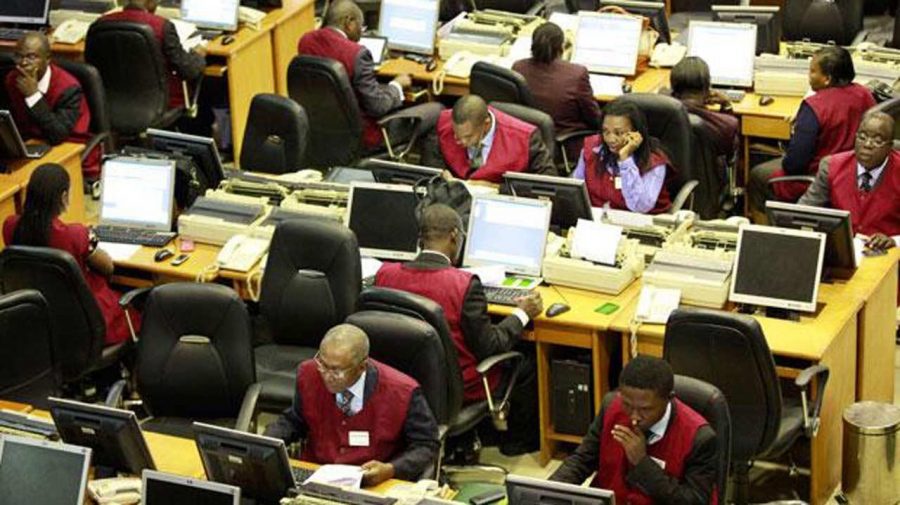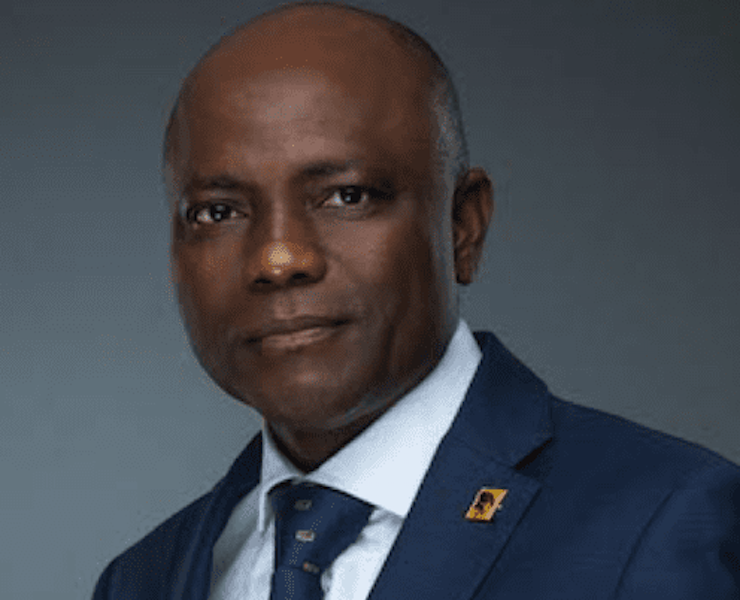The Nigerian government has blocked the online platforms of Binance and other crypto firms to avert what it considers continuous manipulation of the forex market and illicit movement of funds.
Sources within the major telecommunication companies in the country told PREMIUM TIMES Wednesday that the Nigerian Communications Commission (NCC) communicated the directive to telcos and they had started acting on it.
Apart from Binance, other platforms such as Forextime, OctaFX, Crypto, FXTM, Coinbase, Kraken, among others, were equally blocked.
Presidency and regulatory sources said the government decided to move against Binance and other crypto firms following reports that currency speculators and money launderers were using them to execute criminal activities. Authorities believe the ‘criminal activities’ going on on platforms are contributing significantly to the weakening of the naira.
Binance, a digital assets platform, serves as a window for peer to peer transactions allowing users to advertise interest to sell or buy currencies of their choice.
In September 2023, Nigeria’s Securities and Exchange Commission (SEC) placed a disclaimer on Binance Nigeria Limited, saying the platform was “neither registered nor regulated by the Commission and its operations in Nigeria are therefore illegal”.
Despite the warning by the regulatory agency, the firm continued its operation, attracting huge patronage especially among urban youths and suspected speculators and money launderers. Aside from suspicions of economic sabotage, officials also speak of national security concerns as the platforms are often patronised by other criminal groups including for payment of ransom.
In its reaction earlier on Wednesday, Binance said “users behaving in a manipulative way” will be removed from its platform.
“As industry leaders, we are working hand in hand with local authorities, lawmakers, and regulators to ensure we act on non-compliance,” the platform added, noting that it is “setting an upper limit for ads, filtering and removing bad ads, requiring and raising deposits for merchants posting ads as well as processes for actioning against any market manipulators.”
On Tuesday, the Nigerian government announced that it was planning to raise $10bn to improve liquidity in the foreign exchange market.
President Bola Tinubu, who was represented by Vice President Kashim Shettima, disclosed this at the inaugural Public Wealth Management Conference in Abuja on Tuesday.
“At the core of this is ensuring optimal management of the assets and investments of the Federal Government towards unlocking their revenue potential. This includes our bold and achievable plan to double the GDP growth rate and significantly increase the GDP base over the next 8 years,” Mr Shettima said.
Meanwhile, the naira tumbled to an all-time low of N1,900 per dollar at the parallel market on Tuesday, amidst speculations and uncertainties about supply constraints in the markets. But at the Nigerian Autonomous Foreign Exchange Market (NAFEM), the local unit appreciated slightly to N1,551.24.
Earlier on Tuesday, the office of the National Security Adviser directed law enforcement agencies to take firm measures against anyone engaged in foreign exchange market speculation.
“In a concerted effort to safeguard Nigeria’s foreign exchange market and combat speculative activities, the Office of the National Security Adviser and the Central Bank of Nigeria are joining forces to address challenges impacting the nation’s economic stability,” the office said in a statement.
“The CBN’s proactive measures to stabilise the foreign exchange market and stimulate economic activities have been commendable. However, the effectiveness of these initiatives is being undermined by the activities of speculators, both domestic and international, operating through various channels, thereby exacerbating the depreciation of the Nigerian naira.”
Premium Times

 News6 years ago
News6 years ago
 Featured6 years ago
Featured6 years ago
 Boss Picks6 years ago
Boss Picks6 years ago
 Headline6 years ago
Headline6 years ago
 Headline6 years ago
Headline6 years ago
 Headline5 years ago
Headline5 years ago
 Headline6 years ago
Headline6 years ago
 Headline6 years ago
Headline6 years ago













